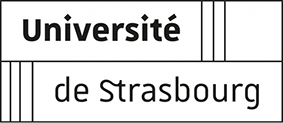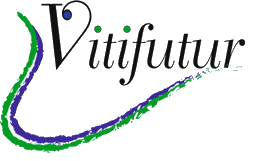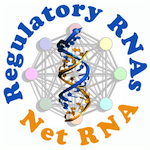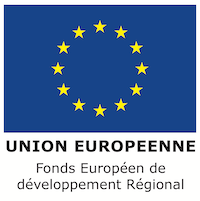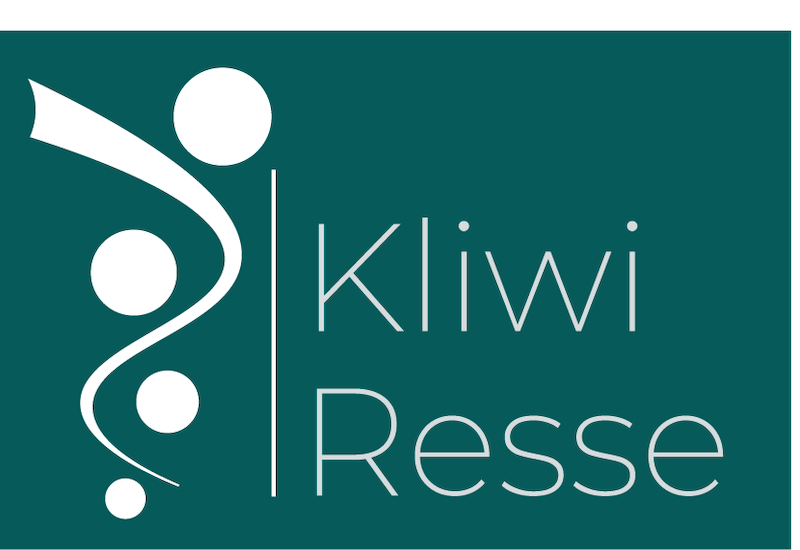Genetic variation produces population diversity on which natural selection can act, but for biological species to form, barriers to gene flow must also arise (e.g., mating system divergence or hybrid incompatibility). A study by Todd Blevins and researchers at the Howard Hughes Medical Institute (Indiana University, USA) suggests that epigenetic alleles, inherited as reversible states of DNA methylation, contribute to reproductive isolation in plants. This work was published on 7 March 2017 in the journal PNAS.

Duplication of an essential gene engenders to two independent paralogous loci. If heritable DNA methylation silences one copy in an Arabidopsis ecotype (red locus at left), and a null mutation destroys the other in a different ecotype (red asterisk at right), then crosses between these ecotypes display hybrid incompatibility (1/16 embryo lethality) in segregating progeny of the F1 generation. Unlike hybrid incompatibility solely due to mutations, however, loss of DNA methylation (reversion) can quickly restore expression of both copies in the first ecotype and rescue viability of all genotypes derived from the duplicated gene system.

